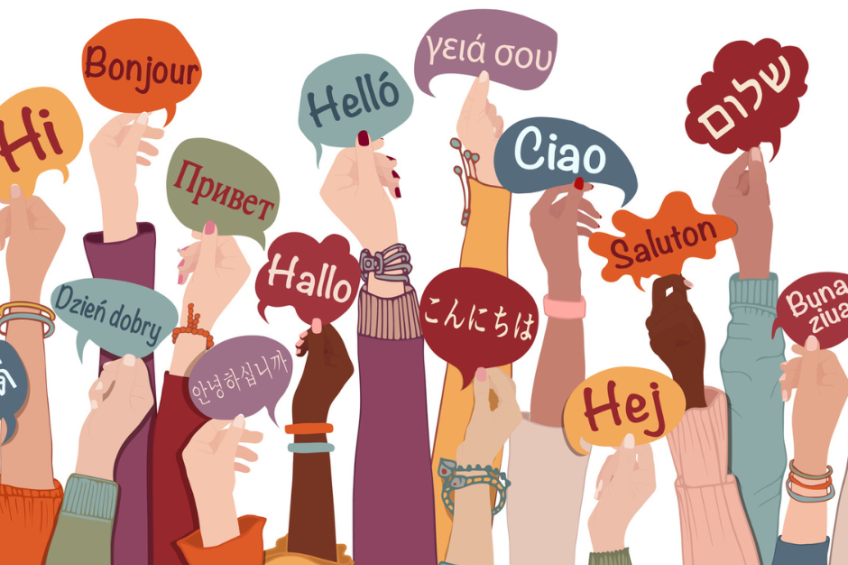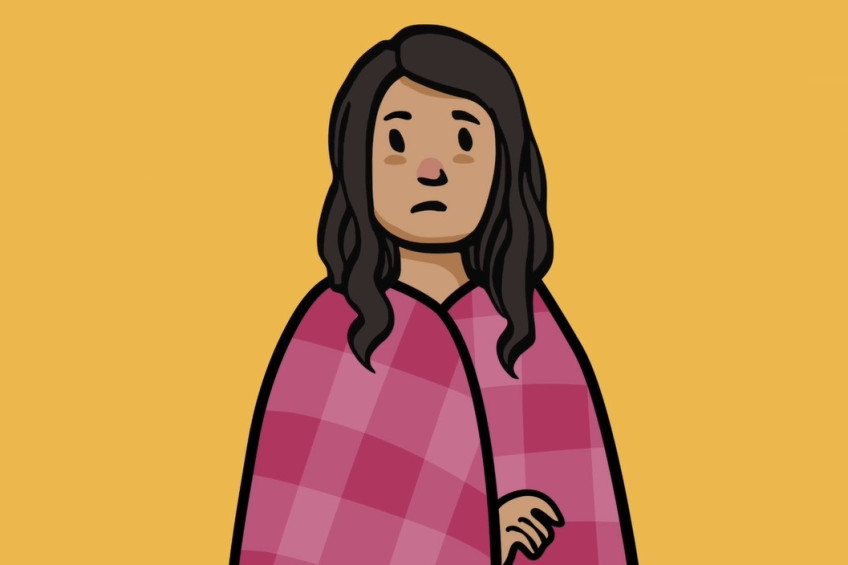On this page
Publications and reports
-
Annual reports and statements of intent
Our annual reports outline our Ministry's financial and organisational performance over the previous financial year. Find out more about our journey as a Ministry.
Read our annual reports -
Briefings to Incoming Ministers
We provide Briefings to Incoming Ministers (BIMs) to new Ministers, either following a general election or when a new Minister is appointed.
View our Briefings to Incoming Ministers -
Reports
Find research and information about the COVID-19 vaccine uptake programme, the employment action plan and digital inclusion user insights, among other topics.
Read our reports
Support, information and resources
-
Disaster and emergency hub
Information for Ethnic Communities on what support is available in disasters and emergencies and where to seek help.
Discover emergency support -
Language services and information
Our language hub includes information on interpreting and translation services, resources to support government agencies and communities, and information in different languages.
See our range of language resources -
Inter-cultural capability resources
Find information, guides and resources to help build and develop your inter-cultural capability.
Find inter-cultural capability resources
Our newsletter: Ethnic Voices
Sign up to our newsletter to get updates about our work, other government information and insights about New Zealand's Ethnic Communities straight into your inbox.
Research and data
-
Ethnic Evidence
Discover evidence on how Ethnic Communities are doing in New Zealand. This report is designed to help the public sector consider Ethnic Communities for government investment, policy development and service delivery intervention.
Read the report -
Media and Ethnic Communities
Learn about Ethnic Communities' media consumption habits, how to communicate with diverse communities and discover ethnic media organisations in New Zealand.
Learn more
Videos
-
Health videos
Our animated health videos cover a range of topics, including measles, mental health, diabetes and heart disease. They are available in 21 different languages.
Watch our health videos -
Interviews with chief executives
Our Chief Executive Mervin Singham sat down with other chief executives of government agencies to discuss their work.
Watch the videos -
Emergencies can happen anytime, anywhere
We partnered with the National Emergency Management Agency (NEMA) to create this video series so communities know how to prepare for and respond to disasters and emergencies.
Watch the videos in different languages
Key cultural and faith days
Find significant cultural and faith days recognised by New Zealand’s Ethnic Communities.
Guides
-
How to write a nomination for a New Zealand Royal Honour
Our step-by-step guide explains how to nominate a person for a New Zealand Royal Honour. This includes information about the nomination process, and tips and advice for making a nomination.
Find out more -
The Official Information Act: How to request information
The Official Information Act (OIA) allows people to request information relating to our work, including the advice we provide to our Minister. Learn how to request information under the OIA.
Learn more -
Make a submission to government
Learn how to make a submission to a Parliamentary Select Committee. Submissions are sometimes sought from the general public when changes are being made to policies or legislation.
Find out more

Archive
View publications produced by the Office for Ethnic Affairs, Office for Ethnic Communities, and older publications from the Ministry for Ethnic Communities.
Ethnic Voices - previous editions
Read old versions of our newsletter, Ethnic Voices, and sign up to receive it straight into your inbox.















